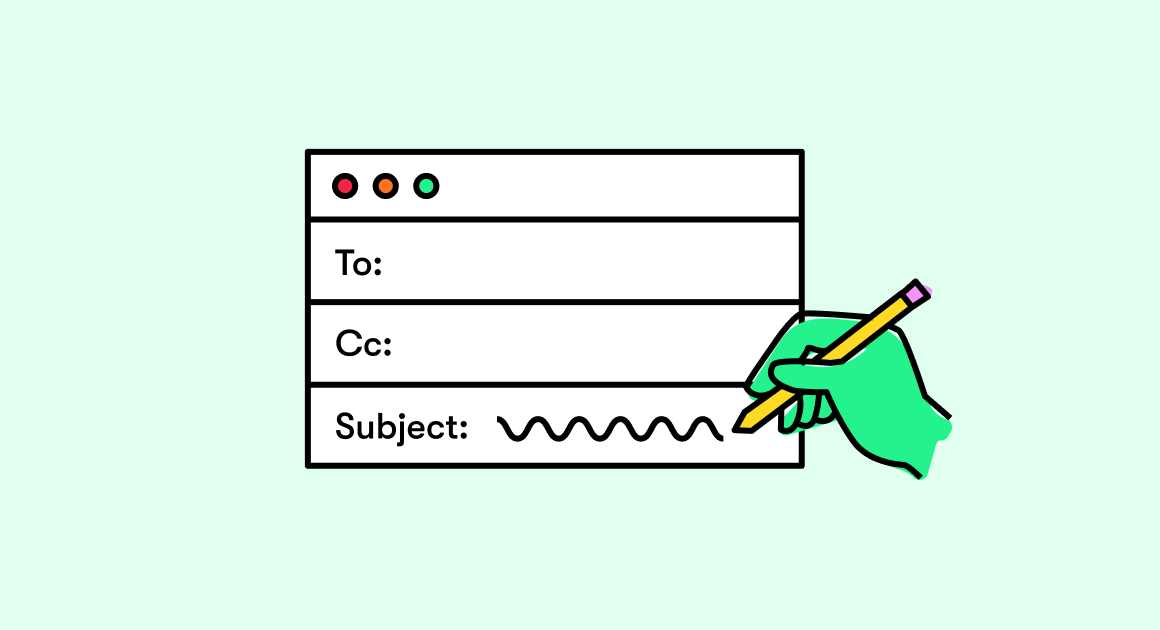According to the CDC, nearly 170,000 Americans go through an unintentional injury. These injuries are the third leading cause of death, following heart disease and cancer. Personal injuries can happen anytime. You may drive your vehicle according to the speed limits and crash, or the weak infrastructure of your house may collapse on you.
No matter the cause, if you have been wounded and injured because of someone else’s negligence, you have a right to a personal injury claim. Getting treated for wounds is expensive. If the extent of your condition requires multiple surgeries and a massive lifestyle change, you deserve your time in court.
Never should you be in a position where you must suffer because of the other party’s recklessness. Therefore, turn to your legal entities for help and file a claim right away. The law has your back, and here’s what you should expect when you start the process:
- Learning About Your Condition
Some injuries, like a vehicle accident, show immediate signs of damage. In comparison, others take time before you notice symptoms. Inhaling asbestos fibers is one such long-term disease. Construction companies were big on using asbestos back in the 70s. So if you worked in such sites or served in wars around the same period, you may have experienced high exposure.
Asbestos takes time to settle in your lungs, heart, abdomen, and testicles. But once it does, you may end up with a severe and rare form of cancer called mesothelioma. Since the illness is because of the other party’s negligence, you are eligible to file for a mesothelioma claim and get your fair due.
Not only is this cancer expensive to treat but extremely extensive, requiring rounds of chemo and surgery to clear the cells.
So the first step for any personal injury lawsuit to commence is to discover when you got sick and when your condition started expressing itself more frequently. From there, the statute of limitation comes into play. Under this legal rule, you have a prescribed period to file a lawsuit regarding your injury, which differs by state. If you fail to make a claim and your deadline expires, you can no longer take the offending party to court.
- Ironing Out The Finer Details
Your trial will only hit completion after your lawyer builds your case, and depending on your health, the claim can be extensive. Your attorney needs to know the time and date of the accident, your present insurance policies, evidence of your injuries, and if you have had past legal cases.
Once this information gets compiled, your claim is well underway. A minor case can take two to six weeks, while a significant case can go up to a year. These extenuating circumstances depend on your injuries.
- Defining Pain and Suffering
Your lawyer needs to specify the time of pain and suffering you’re going through. It includes the extent of your physical injury and how much it comprised your lifestyle, such as preventing you from working. The emotional damage you went through also factors PTSD, anxiety, and depression from the incident. Your lawyer will also highlight the medical treatment you had to endure and the aftermath of recovery, which may have intense physical therapy and your days at the hospital.
The court will take your damages and multiple them by using a scale of one to five to define the accident’s severity. Pain is easy to use as a measuring scale since the court can see you have injured your body, like your spine, limbs, and extremities. Emotional distress is harder to quantify since it cannot be seen, only described. Your loss also includes medical bills, loss of employment, property damage, and if you have dependents who are struggling because you can no longer earn. If you show signs of medical improvement, it can reduce the amount you may receive in a settlement. This depends on how fast you recover and if you can move around without support.
- Moving Towards A Settlement
If the defendant claims they did not injure you, this can go to a trial which can go on for months before the jury announces the verdict. But if you’re going for a settlement, you save yourself from a lengthy court case. The amount of money will get settled by you and the other party. Expect intense negotiations until a number gets reached. Suppose your settlement exceeds six digits and payment is not signed. In that case, the defendant has the leeway to investigate your claims if you’re in court.
But if you both agree on the money, your and the other party’s signature will wrap up the process. Once a check is signed, it will go to your insurance company. These professionals will get the money and close your claim forwarding the check to your lawyer. Your attorney will take care of your cash and outstanding payment before getting your money. In a month, you will get your bill.
- Dealing With A Trial
Sometimes the defendant is not willing to shoulder the blame. Their entire argument will be that you caused the injury by yourself. In such a case, your claim will go to court. This is a lengthy process, often taking years to culminate. If your trial is messy and has a well-connected defense team involved, you’re looking at a few years down the road before you get justice. A trial consists of a jury and a judge. Since the jury will pass their judgment and the judge will make the final call, your lawyer will present their arguments.
During court cases, your attorney will need to get witnesses and a medical expert to explain the incident to the jury until it’s time for closing arguments.
Final Thoughts
Personal injuries are both painful and sudden. But, you have your legal bodies to help you and pave a path to get your fair due. A personal injury lawsuit claims that other parties injured you. Since this is a claim, you will need to wait for the situation to unfold before you can get compensated. Depending on your injury, you may be looking at a few months to a few years’ worths of the claim. Your case will get presented to a court after being filled with details related to your accident. If the case gets settled, you get to wrap up in a week but expect a longer timeline if it’s a trail.



